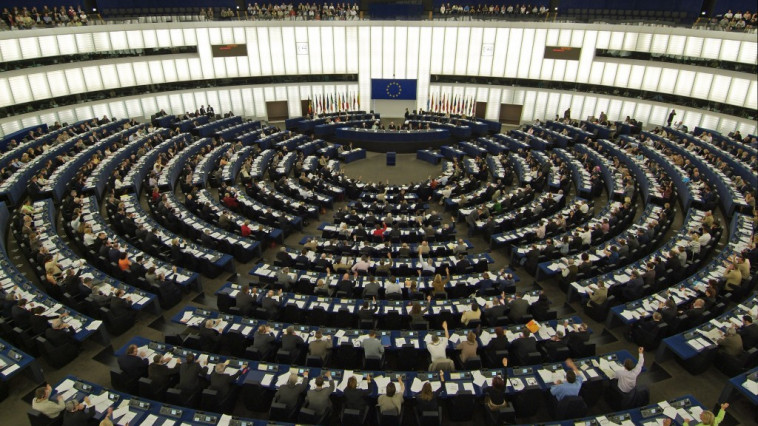European Parliament set to elect new president

MEPs elect on Tuesday 17 January Parliament's new president to replace Martin Schulz who is stepping down after five years. Seven candidates have put themselves forward for the post so far ahead of the first ballot on Tuesday morning.
The candidates are: Eleonora Forenza, European United Left-Nordic Green Left Group (Italy); Jean Lambert, Group of the Greens/European Free Alliance (UK); Gianni Pittella, Progressive Alliance of Socialists and Democrats Group (Italy); Laurenţiu Rebega, Europe of Nations and Freedom Group (Romania); Helga Stevens, European Conservatives and Reformists Group (Belgium); Antonio Tajani, European People’s Party Group (Italy); Guy Verhofstadt, Group of the Alliance of Liberals and Democrats for Europe (Belgium).
In case the president is not elected during the first ballot, nominations can still be added or withdrawn before each subsequent round of voting.
Leading the race to succeed the voluble Mr Schulz are two low-key Italians. Antonio Tajani, an associate of Silvio Berlusconi, is the candidate of the centre-right EPP, in which Ms Merkel holds sway. Gianni Pittella, an MEP for 18 years, is the S&D chief, a post long held by Mr Schulz.
To become president a candidate must obtain an absolute majority of the votes cast (50% + 1).
If no-one is elected during the third ballot, the two highest scoring candidates go to a fourth ballot, where the winner is decided by simple majority. If there is a tie, the older candidate is declared the winner.
The president oversees all of the Parliament's work, its governing bodies and plenary debates. He or she represents the Parliament in all legal affairs and external relations and at the start of every European Council summit sets out the Parliament's point of view about the items on the agenda.
The president also signs the EU budget into law and co-signs legislation with the president of the Council.
Draft laws introduced by the European Commission are hammered out with member states before a final negotiation with parliament, giving the president a crucial role in the dealmaking that determines policy.
At issue for national leaders such as Germany’s Angela Merkel is whether a more fractious parliament will add to the turmoil in European politics at a time when Brussels is trying to enact sensitive laws on migration, security, capital markets, banks and energy — while dealing with Brexit and the next EU budget.
In addition to a new president, MEPs will also elect on 18 January 14 vice-presidents and five quaestors, who are responsible for administrative and financial matters directly affecting MEPs.














